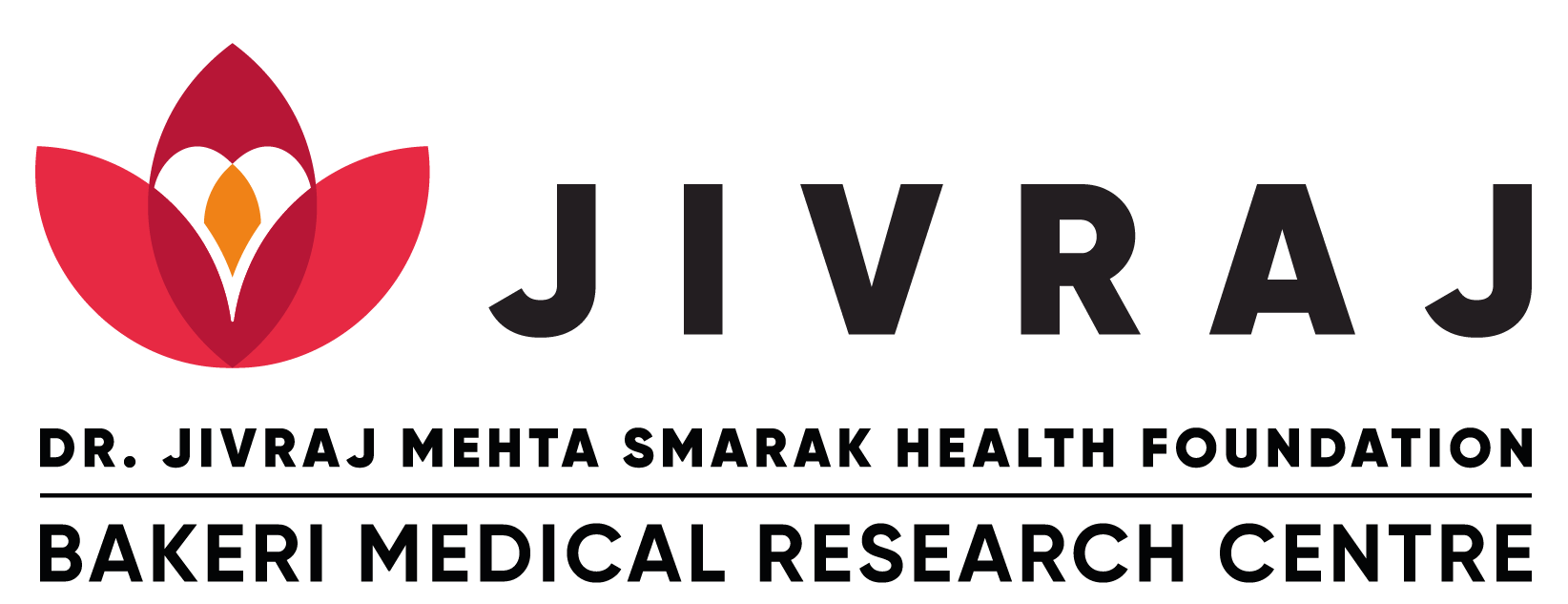Understanding the Difference Between Spine Surgeons and Neurosurgeons
Expert Spine Care at Dr. Jivraj Mehta Hospital, Ahmedabad
When it comes to addressing spinal issues—whether due to injury, chronic pain, or neurological disorders—patients often face a key question: should they consult a spine surgeon or a neurosurgeon? At Dr. Jivraj Mehta Hospital, one of Ahmedabad’s trusted multi-specialty institutions, both disciplines are available under one roof, offering comprehensive spine care for all ages.
Let’s explore the similarities, differences, and how each specialist plays a vital role in diagnosing and treating spinal conditions.
Spine Surgeons vs. Neurosurgeons: What’s the Difference?
Both orthopedic spine surgeons and neurosurgeons are highly trained experts who can perform surgeries and non-surgical treatments for spine conditions. The key difference lies in their training background and areas of focus.
- A spine surgeon typically comes from an orthopedic background, specializing in the bones, joints, and structural components of the spine.
- A neurosurgeon is trained in conditions involving the brain, spinal cord, and nerves, and may sub-specialize in spinal surgery.
At Dr. Jivraj Mehta Hospital, our multidisciplinary team includes both types of specialists, ensuring that patients get the most appropriate care based on their specific condition.

Areas of Overlap in Spine Care
Despite their different training paths, both types of surgeons treat many of the same conditions, such as:
- Herniated or degenerated discs
- Spinal fractures and trauma
- Spinal stenosis (narrowing of the spinal canal)
- Scoliosis and spinal deformities
- Chronic back and neck pain
Whether it’s the result of an accident, age-related degeneration, or a congenital issue, both neurosurgeons and orthopaedic spine surgeons aim to relieve pain, improve mobility, and restore functionality.
Training and Specialization Paths
Orthopaedic Spine Surgeons
Orthopaedic spine surgeons begin with medical training in general orthopaedics, which focuses on the musculoskeletal system. After completing a residency (typically 4–5 years), they may pursue an advanced spine fellowship to gain in-depth experience in complex spinal procedures.
Their expertise is rooted in correcting structural and mechanical issues of the spine, such as spinal deformities, vertebral fractures, and joint-related spine conditions.
Neurosurgeons
Neurosurgeons complete a longer residency—usually 6 to 7 years—focused on the nervous system, including the brain, spinal cord, and peripheral nerves. Many also pursue additional fellowship training specifically in spinal surgery.
Neurosurgeons bring added expertise in treating spinal cord and nerve-related conditions. This includes procedures involving the dura mater (the protective lining around the spinal cord), making them uniquely qualified to manage certain neurological spinal disorders.
Which Conditions Do They Typically Treat?
While there’s considerable overlap, each specialist tends to focus on certain types of spinal problems.
Neurosurgeons Typically Treat:
- Spinal cord tumours or cysts
- Chiari malformations
- Spinal arteriovenous malformations
- Intramural tumours or infections
- Nerve compression syndromes
- Complex spinal trauma affecting the spinal cord
Neurosurgeons are essential when surgery involves delicate neural structures or when access within the spinal canal is required.
Orthopaedic Spine Surgeons Typically Treat:
- Scoliosis and kyphosis (especially in children and adolescents)
- Degenerative disc disease
- Spinal arthritis and facet joint problems
- Lumbar spine disorders
- Spinal instability requiring fusion surgery
- Vertebral compression fractures
Orthopaedic spine surgeons are often preferred for correcting alignment, performing spinal instrumentation (like rods and screws), and handling bone-related pathology.
Client Speaks
“excellent hospital and service comparable to any private hospital. However, waiting time to get the case registration is long. Average time per new patient to open a case is about 5-10 min and there are only 4 attendants. Generally there are about 4-5 patients in queue – means 30 min to 1 hour waiting time…hospital has really revamped their infrastructure but they either need to increase case counters or reduce case opening time and simplyfy the process…”
Viral Ved -On Google
Collaborative Spine Care at Dr. Jivraj Mehta Hospital
One of the strengths of Dr. Jivraj Mehta Hospital is our collaborative approach to spinal health. Complex cases often require the combined input of both orthopaedic and neurosurgical specialists. For example:
- A patient with severe scoliosis and spinal cord compression might need both structural correction and neurological decompression.
- Someone with spinal trauma may first be stabilized by an orthopaedic surgeon, with a neurosurgeon managing any spinal cord injury or nerve involvement.
This team-based model ensures that no matter how complex your condition is, you receive the safest and most effective treatment plan.
Minimally Invasive Spine Surgery: A Shared Goal
Both types of spine specialists at Dr. Jivraj Mehta Hospital are proficient in minimally invasive techniques. These procedures involve smaller incisions, less tissue disruption, and faster recovery. Patients benefit from:
- Reduced hospital stays
- Lower risk of infection
- Less postoperative pain
- Quicker return to daily activities
Whether performed by an orthopaedic or neurosurgical expert, the goal remains the same: maximize results with minimal disruption.

Choosing the Right Spine Specialist: What to Consider
When deciding between a neurosurgeon and a spine surgeon, the most important factor is the nature of your condition. Here’s a general guideline:
| Condition | Recommended Specialist |
| Spinal tumors, Chiari malformation, intradural lesions | Neurosurgeon |
| Disc herniation, spinal stenosis, back pain | Either |
| Scoliosis or spinal deformity | Orthopedic Spine Surgeon |
| Spinal cord injuries with nerve involvement | Neurosurgeon |
| Vertebral fractures, degenerative spine disease | Orthopedic Spine Surgeon |
Of course, every case is unique. At Dr. Jivraj Mehta Hospital, your treatment plan will be guided by our experienced team after detailed evaluation, imaging, and discussion.
Why Choose Dr. Jivraj Mehta Hospital for Spine Care?
Located in the heart of Ahmedabad, Dr. Jivraj Mehta Smarak Health Foundation is known for its advanced spine care unit. Here’s what sets us apart:
✅ Multidisciplinary Team: Access to both neurosurgeons and orthopaedic spine specialists
✅ State-of-the-Art Technology: Equipped for complex spine surgeries and minimally invasive procedures
✅ Personalized Care: Tailored treatment plans based on individual diagnosis and goals
✅ Insurance & Affordability: Transparent pricing and acceptance of major insurance plans
Final Thoughts
Whether you’re dealing with chronic back pain, a slipped disc, or a complex neurological condition, expert help is available. Understanding the roles of spine surgeons and neurosurgeons helps you make an informed decision—but at Dr. Jivraj Mehta Hospital, you don’t have to choose alone.
Our dedicated team works together to ensure you receive the most appropriate, effective, and compassionate care for your spine.
Need expert advice for a spine issue? Book your consultation at Dr. Jivraj Mehta Hospital today. Your spine health is our priority.








